Graham Reid | | 2 min read
Modern Jazz Quartet: Visitor From Venus
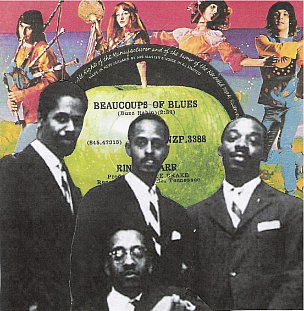
If you had a bottomless pit of money to
start your own record company, who would you sign? That's what the
Beatles faced when they launched Apple Records in early 68.
Their famous ad which invited people to send in tapes saw their office swamped – but not one act was signed on that basis: Badfinger (then known as the Iveys) came through their road manager Mal Evans; Mary Hopkins had been on a television talent show; James Taylor through Peter Asher, the brother of McCartney's girlfriend Jane; the Radha Krishna Temple through Harrison of course; Yoko because of Lennon . . .
The long-established Modern Jazz Quartet arrived . . . . thanks to Joan Collins' husband.
They were curious times.
Ron Kass was briefly divisional head of
Apple – fired in August 68 when corporate hitman/shitman Allen
Klein arrived – and he, a friend of the group's manager Monte Kay, brought the MJQ to the label.
The quartet barely rates a mention in
any book about Apple, and Richard DiLello -- the “house-hippie”
who wrote the tell-all about the debacle, The Longest Cocktail
Party – admits they were “the piece that had never quite
fitted the pattern of the jigsaw puzzle”.
“They had been brought in by Ron Kass
to give some class and diversification to a strictly pop stable. But
there had never been a whisper about them. Not so much as a token
biography or one press-handout photo had ever been sent to the
ravenous media. There was nothing that Apple could add to a success
story that had been galloping on, unchecked, for the past 10
years.”
Well, 16 actually. They formed in 1952 – vibes player Milt Jackson, bassist Percy Heath, pianist John Lewis and drummer Kenny Clarke (replaced by Connie Kay in 55) – and Lewis brought to their swinging bop a classical sensibility.
Their Apple tenure was brief – they
went back to Atlantic Record and broke up in '74 – and their albums
Under the Jasmin Tree and Space (69 and
70) have been, for practical purposes, unavailable since.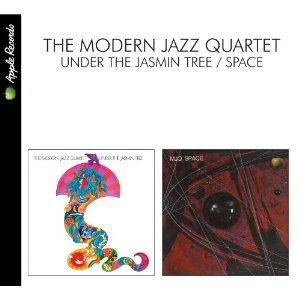
With the re-presentation of Apple
artists they appear again, remastered onto a single CD with a
previously unreleased track, their sole concession to the new label:
a considered and finger-snap version of Yesterday which rapidly
leaves the original behind.
Given the weirdness of the times –
Apple's psychedelic fashions, Lennon bed-ins etc – it wasn't just
being four black guys in suits which set MJQ apart: this music is
ineffably cool, sophisticated, elegantly swinging but also cleverly
exploratory: the titles of the dreamy, space-flights Visitor From
Venus and Visitor From Mars tell you that much and Jackson's airy
vibes help these drift off to Pink Floyd-ambient territory.
There's a touch of Ramsey Lewis
nightclub swing to The Jasmin Tree (Lewis on the same grand piano used for Hey Jude), Here's That Rainy Day is a
gentle ballad and Dilemma is all discreet angles. They explore the Adagio from Concerto de Aranjuez which Miles Davis and Gil Evans
tapped for Sketches of Spain 15 years previous: its stately
and romantic quality suits them.
The MJQ always divided jazz people: too
constrained for some, a doorway to Third Stream (where jazz meets
classical) for others.
These albums -- the first already recorded when they signed, Space recorded in London's Trident Studios with Peter Asher as co-producer -- didn't deserve to be unavailable for so long.
And now that the fairy dust and coloured
spectacles are gone we can hear this fine, fascinating music on its
own merits. Very smart indeed.

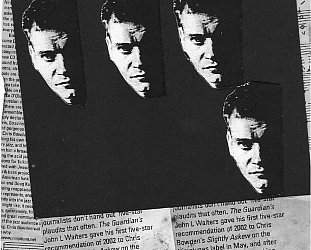
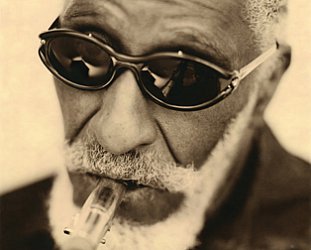
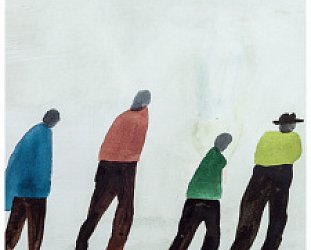
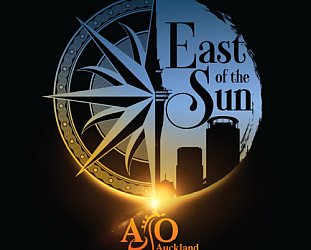
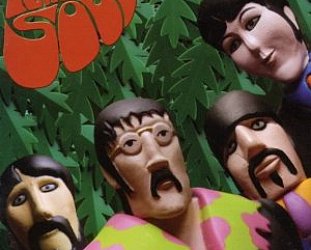
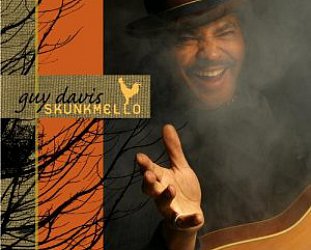
post a comment